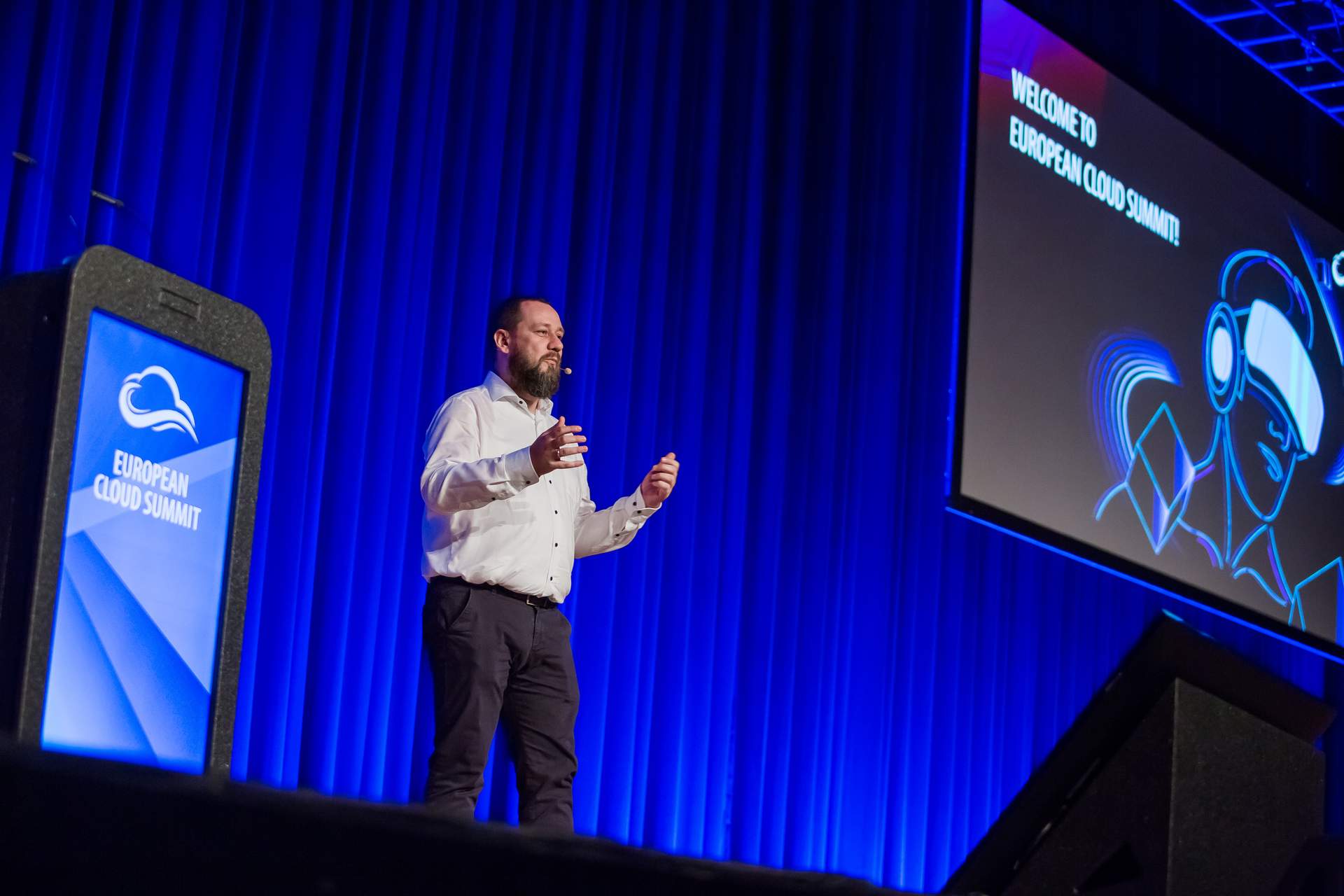Why Having Open Calls for Speakers is Crucial for the Success of Your Event
March 19, 2024 • 3 min read • By Mustafa Toroman, run.events CTO, Content Lead at ECS

Boosting Your Event's Success: The Real Benefits of Open Calls for Speakers in Bringing Variety and Relevance

Why Having Open Calls for Speakers is Crucial for the Success of Your Event
Boosting Your Event's Success: The Real Benefits of Open Calls for Speakers in Bringing Variety and Relevance
One of the first modules we developed in run.events was the Call-For-Content/Call-For-Speakers module. This was not by chance; it reflects how important we consider this topic in event organization and how passionate we are about it. I have personally led content teams for a few large events over the past ten years, and it was always of utmost importance that the call for content is open, transparent, and fair. The reasons for this are very obvious, yet there are so many events that spectacularly miss the chance to do it right.
Not Again the Same People
Having great content is one of the main ingredients, if not the most important ingredient, in the success of every event. Yes, event organizers know who their rock stars are, which speakers sell their events. The temptation to feature them year after year is huge; it seems the most reasonable thing to do. However, if you have the same people year after year, no matter how good they are, attendees will get bored. How often can you eat your favorite meal? That sort of thing. You need to change, to shuffle—and having a public call for speakers is a great way to achieve that.

Avoid Bubbles
There’s another issue with always having the same people: they tend to create bubbles. So, even if you expand your circle of speakers, through the presence of these bubbles, the new people often also emerge from the same environments. This might bring some freshness to the speaker list, but it doesn’t burst the bubble, nor does it bring diversity. Using a public call for speakers is an excellent way to reach out to individuals you wouldn’t otherwise encounter or even consider. Being open helps you connect with them.
Did You Just Say “Diversity”?
Yes, I did, and we all should strive to enhance this aspect of the events we co-organize. Diversity does not mean lowering quality standards to meet diversity quotas; it means finding new individuals who meet or often surpass these standards. This ensures your event features a variety of perspectives, adding value to the content and making it more reflective of real life. Having speakers from diverse backgrounds enriches your event, engages the audience, and demonstrates respect for different viewpoints, as these speakers bring their unique stories and ideas. Moreover, when attendees see that the speakers represent a broad spectrum of life experiences, they’re more likely to feel engaged and included, fostering a more interactive and inclusive event atmosphere.

run.events simplifies managing content and speakers for events. Customize calls for content, create content teams, evaluate and organize submitted sessions, and manage speakers. In addition, create event agenda and session feedback forms.
Speakers, content and agenda managementCreate a Content Team
An essential tip is to ensure that speaker selection isn’t determined by just one person. Everyone has biases, no matter how impartial they try to be. Having a team—ideally, one not formed from the same ‘bubble’ and representing diverse backgrounds and viewpoints—results in a speaker lineup that reflects this diversity. run.events allows you to easily form your content team, deciding whether all members will determine the entire conference program or focus on areas within their expertise.
Things to Consider When Creating Calls for Content
This may seem obvious, yet many Calls for Content fail to address this: be explicit about your topic preferences, session types, and the criteria by which speakers and content will be evaluated.
Also, communicate clearly the financial aspects of speaking engagements: specify whether speakers are compensated or expected to pay, and clearly state if you are covering their travel and accommodation expenses, and to what extent.
This clarity allows potential speakers to assess whether your event is the right fit for them and whether they wish to submit a proposal.
Proactively Reach Out to Speakers
Even with a well-crafted call for content, it’s possible that interested speakers simply overlook it. Therefore, it’s wise to promote your call for speakers in locations frequented by your target audience—on social media, internet forums, or through newsletters and mailing lists aimed at your desired industries and speakers.
Moreover, we have recently launched the run.events Speaker Directory (https://speakers.run.events), which is rapidly growing with new speakers every day. It’s an invaluable tool for event organizers to discover and invite potential new contributors to their speaker lineups.
Recap
Navigating the landscape of event registration and check-in hardware can seem difficult, but with a clear understanding of your needs and the options available, it can be a streamlined and cost-effective process. Whether you opt for attended registration desks or self-service kiosks, the key lies in selecting the right combination of hardware - tablets, printers, and stands - that aligns with your event's size, audience, and budget. By carefully considering the pros and cons of different hardware choices, from the reliability of Windows tablets to the print quality and cost of various badge printers, you can create a registration setup that not only makes attendee experience a good one, but also reflects the professionalism and branding of your event. The goal is to provide a smooth and efficient check-in process, setting a positive tone for the event right from the start.





